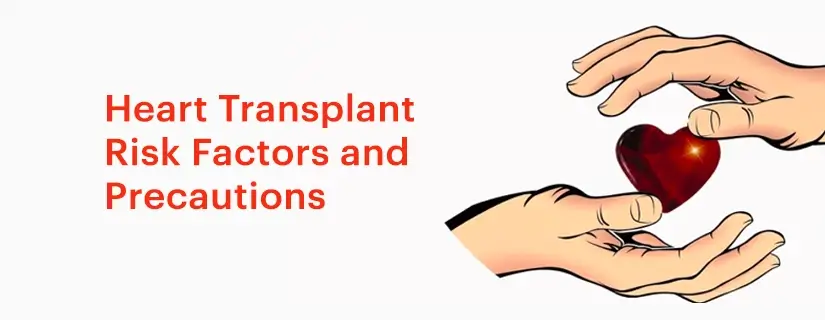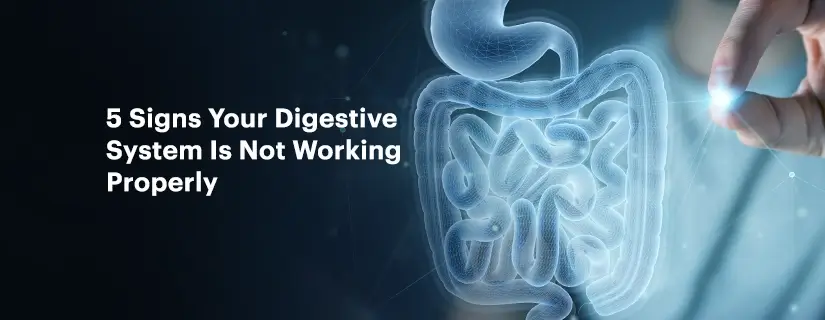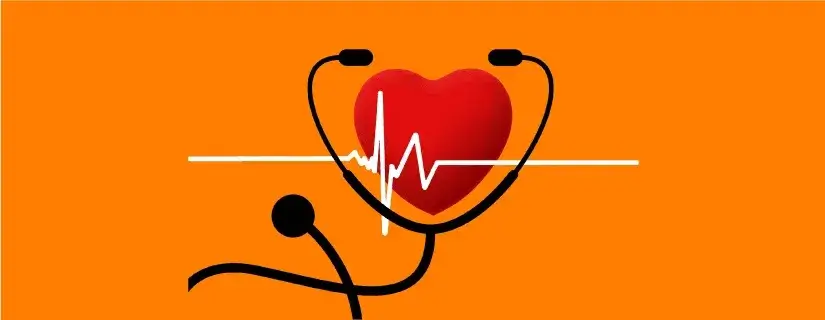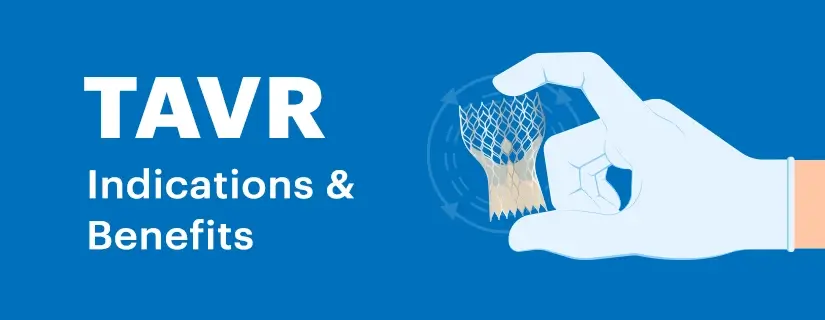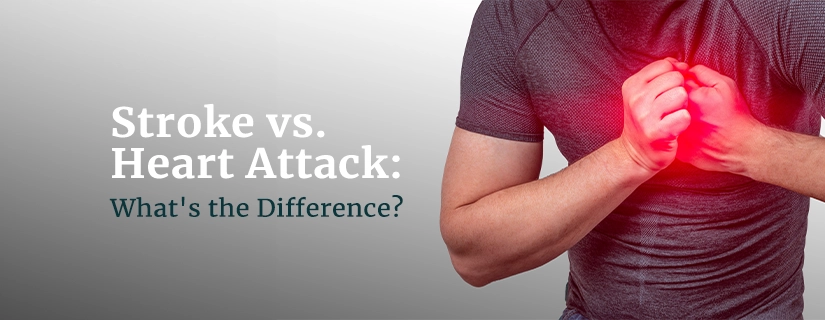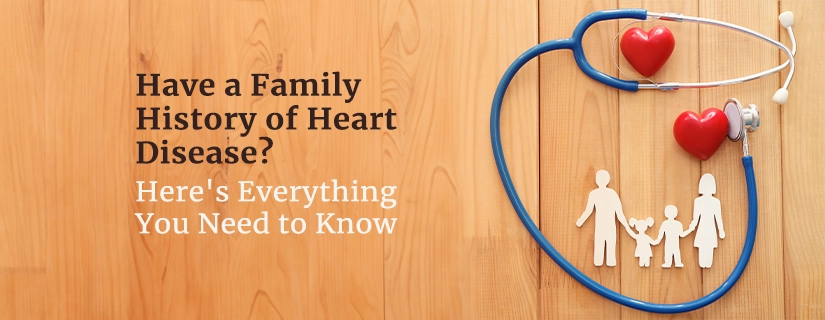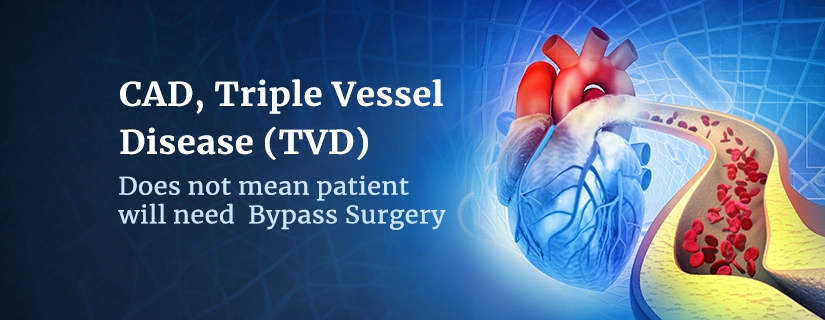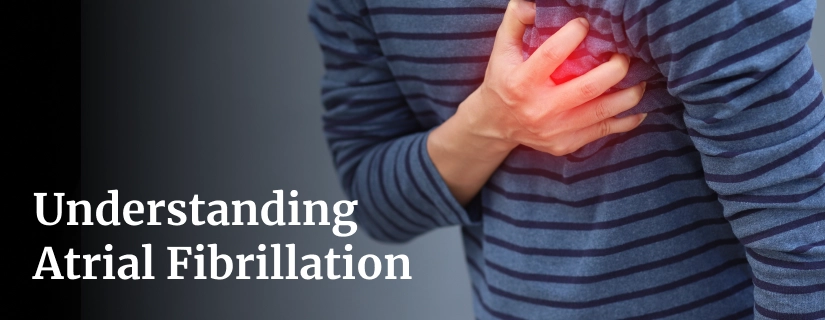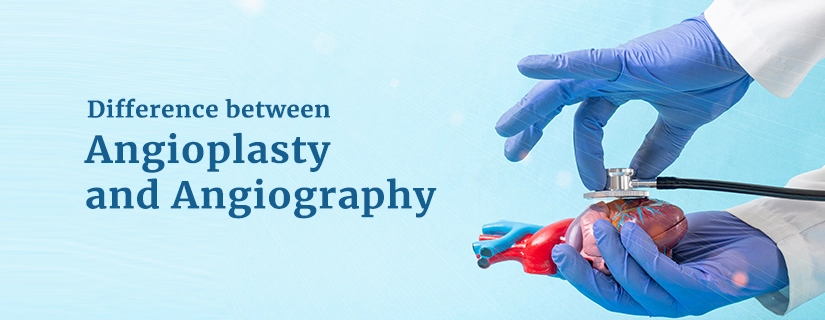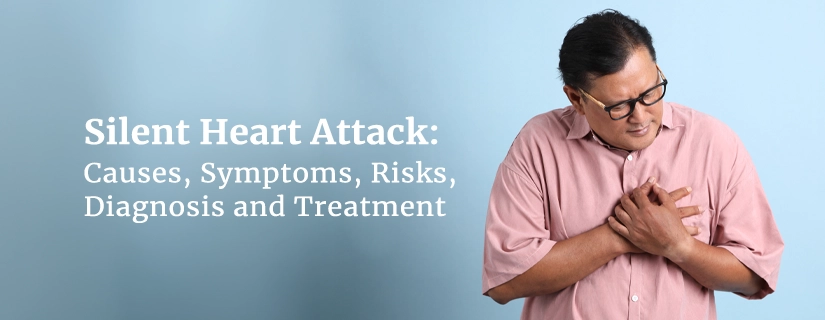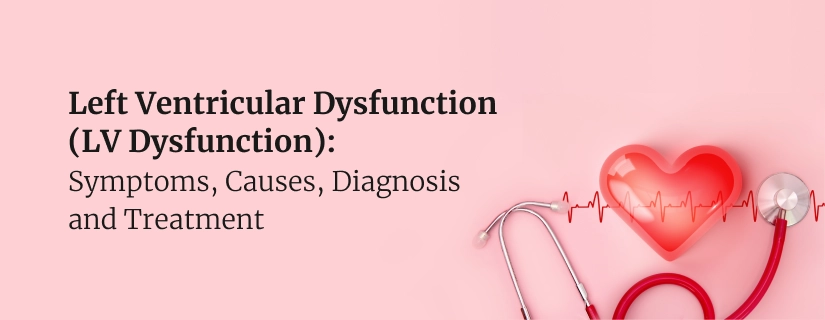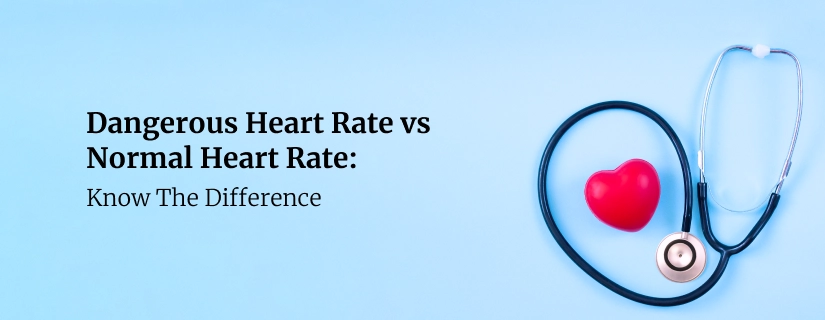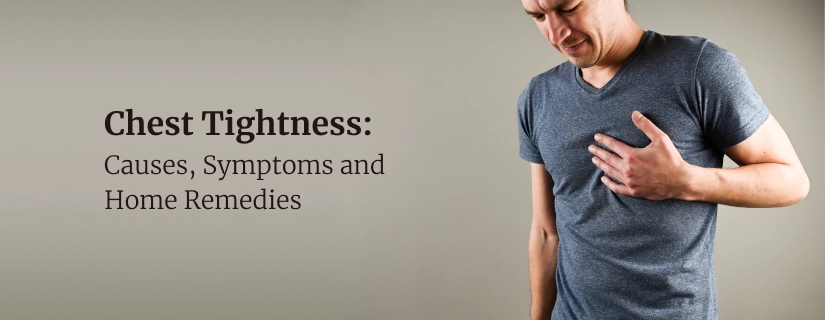-
Doctors
-
Specialities & Treatments
Centre of Excellence
Specialties
Treatments and Procedures
Hospitals & Directions HyderabadCARE Hospitals, Banjara Hills CARE Outpatient Centre, Banjara Hills CARE Hospitals, HITEC City CARE Hospitals, Nampally Gurunanak CARE Hospitals, Musheerabad CARE Hospitals Outpatient Centre, HITEC City CARE Hospitals, Malakpet
HyderabadCARE Hospitals, Banjara Hills CARE Outpatient Centre, Banjara Hills CARE Hospitals, HITEC City CARE Hospitals, Nampally Gurunanak CARE Hospitals, Musheerabad CARE Hospitals Outpatient Centre, HITEC City CARE Hospitals, Malakpet Raipur
Raipur
 Bhubaneswar
Bhubaneswar Visakhapatnam
Visakhapatnam
 Nagpur
Nagpur
 Indore
Indore
 Chh. Sambhajinagar
Chh. SambhajinagarClinics & Medical Centers
Book an AppointmentContact Us
Online Lab Reports
Book an Appointment
Consult Super-Specialist Doctors at CARE Hospitals
Congenital Heart Disease: Symptoms, Causes and Treatment Options
Updated on 23 February 2022

Congenital heart disease affects the normal functioning of the heart, and it is present since birth. This is the most common among all birth defects. Out of 1000 liveborn babies, 8-10 babies can have congenital heart disease. Almost 20-25 % of them may need cardiac surgery/intervention in the first year of life. Commonly, congenital heart diseases can be divided into two major types.
- Cyanotic congenital heart disease: This condition is also called blue baby defect. The disorder affects the heart and reduces the amount of oxygen a body receives.
- Acyanotic congenital heart disease: In this condition, blood contains enough oxygen, but it flows through the body abnormally. Blood and oxygen are delivered to the rest of the body without interference from these defects.
- Acyanotic heart diseases: This disorder can occur due to holes in the heart, great vessels, valve problems or an issue with the functioning of the heart. Out of all defects, a hole in the lower septum, i.e. ventricular septum, is the most common of all. Once treated, acyanotic heart disease has normal survival.
Congenital heart disease symptoms
Symptoms of congenital heart disease depend upon the type of lesion, size or severity of the problem. Many babies with acynotic heart disease do not exhibit any symptoms, or they are referred by children specialists due to the presence of extra sounds from the heart (murmur). Moderate defects, even if they do not cause problems right away, can become troublesome over time. At the same time, a large defect may present with symptoms early in life or during infancy. If untreated, the larger defect may cause high lung pressure (pulmonary hypertension), which may hamper the complete cure of the disease or lead to heart failure due to increased load on the heart. Common symptoms seen in acyanotic heart disease patients are,
- Difficulty in breathing
- Fast heartbeats
- Not able to gain weight
- Fatigue on exertion
- Repeated airway and lung infections
- Dizziness/ fainting
In infants, feeding difficulties and sweating over the forehead are the most common symptoms. In the case of cyanotic heart disease, your child may experience symptoms such as;
- Excessive irritability
- Bluish discoloration of skin and nails of hand and feet
- Seizures/ unconsciousness
- Failure to gain weight.
What causes congenital heart disease?
The causes of Congenital heart defects are not fully understood by scientists. It is a multifactorial disease, which may have an association with maternal, fetal, or genetic factors. If one sibling/immediate relative is affected with congenital heart disease, the chances of another baby getting heart disease is 3-5%. Also, recent studies have suggested that they are associated to;
- Maternal infections such as toxoplasma, rubella
- Maternal medical conditions such as diabetes mellitus, phenylketonuria
- Folic acid deficiency in mother
- Genetic causes/chromosomal disorders such as Down syndrome, William syndrome, DiGeorge syndrome
Congenital heart disease can be diagnosed in several ways. Once the baby is referred to a pediatric cardiologist for evaluation, the following test may be advised for diagnosis;
- A chest X-ray allows doctors to see whether there are any structural abnormalities of the heart and lung within the chest.
- An electrocardiogram (EMG or ECG) measures the electrical activity of the heart.
- An echocardiogram is used to see the structure and functioning of the heart. It is safe and like an ultrasound. This is the most important test for the diagnosis of a heart condition. If additional information is required, the following test may be advised for your child.
- Cardiac catheterization: - This is done to assess the structure of the heart and pressures inside the heart and lung. It is used for assessing whether a particular patient is operable or not. Sometimes, it is used for the closure of holes/extra connections inside/ outside the heart.
- CT/MRI heart: - These tests are used if all the above tests are inconclusive or some additional information is required about the heart and its structures.
Congenital heart disease treatment
Cyanotic heart diseases need surgery or the intervention of a heart specialist in Hyderabad early in life. Children with mild acyanotic heart disease may not require any treatment of congenital heart disease or can be managed with medicines. A child with medium or large defects may need either surgical/interventional procedures. Nowadays, a hole in the heart can be closed using an umbrella-like plug or closed valves can be opened with a balloon. Many unoperated kids may need long-term medicines or they can be registered for heart/ heart-lung transplantation.
ENQUIRY FORM
SELECT CATEGORIES
-
Neurosciences (16)
-
Neurology (37)
-
Neurosurgery (14)
-
Orthopaedics (48)
-
Oncology (33)
-
Obstetrics and gynecology (51)
-
Pulmonology (23)
-
Urology (20)
-
Nephrology (13)
-
Psychiatry (7)
-
Dietetics and Nutrition (111)
-
General Medicine (63)
-
Cardiac Sciences (30)
-
Vascular & Endovascular Surgery and Interventional Radiology (10)
-
Gastroenterology (46)
-
Endocrinology (23)
-
Plastic Surgery (10)
-
Critical Care Medicine (5)
-
COVID-19 (16)
-
Dermatology (16)
-
Emergency Care (1)
-
Ophthalmology (4)
-
Pediatrics (14)
-
Laparoscopic and Bariatric Surgery (8)
-
ENT (15)
-
Kidney Transplant (1)
-
Liver Transplantation and Hepatobiliary Surgery (5)
-
General Surgery (3)
-
Internal Medicine (5)
-
Medicine Information
Heart Attacks in Winter: How to reduce the risks of cardiac arrest during the cold weather
Do You Know Weight Loss Can Actually Help you Prevent Heart Attack?
YOU MAY ALSO LIKE
RECENT BLOGS
-

Direct Anterior Approach in Total Hip Replacement: Advantages and Challenges
10 April 2025
Read More
-

Zinc Deficiency: Signs and Symptoms, Causes, Treatment
9 April 2025
Read More
-

Chest Pain When Coughing: Causes, Treatment and Home Remedies
9 April 2025
Read More
-

12 Health Benefits of Eating Mushrooms
8 April 2025
Read More
-

7 Health Benefits of Blood Donation You Should Know About
8 April 2025
Read More
-

Implantation Bleeding Vs Periods: Know the Difference
28 February 2025
Read More
-

Bloating During Ovulation: Symptoms, Causes and Remedies
28 February 2025
Read More
-

Itching During Dengue: Causes, Treatment and Home Remedies
18 February 2025
Read More
Have a Question?
If you cannot find answers to your queries, please fill out the enquiry form or call the number below. We will contact you shortly.




